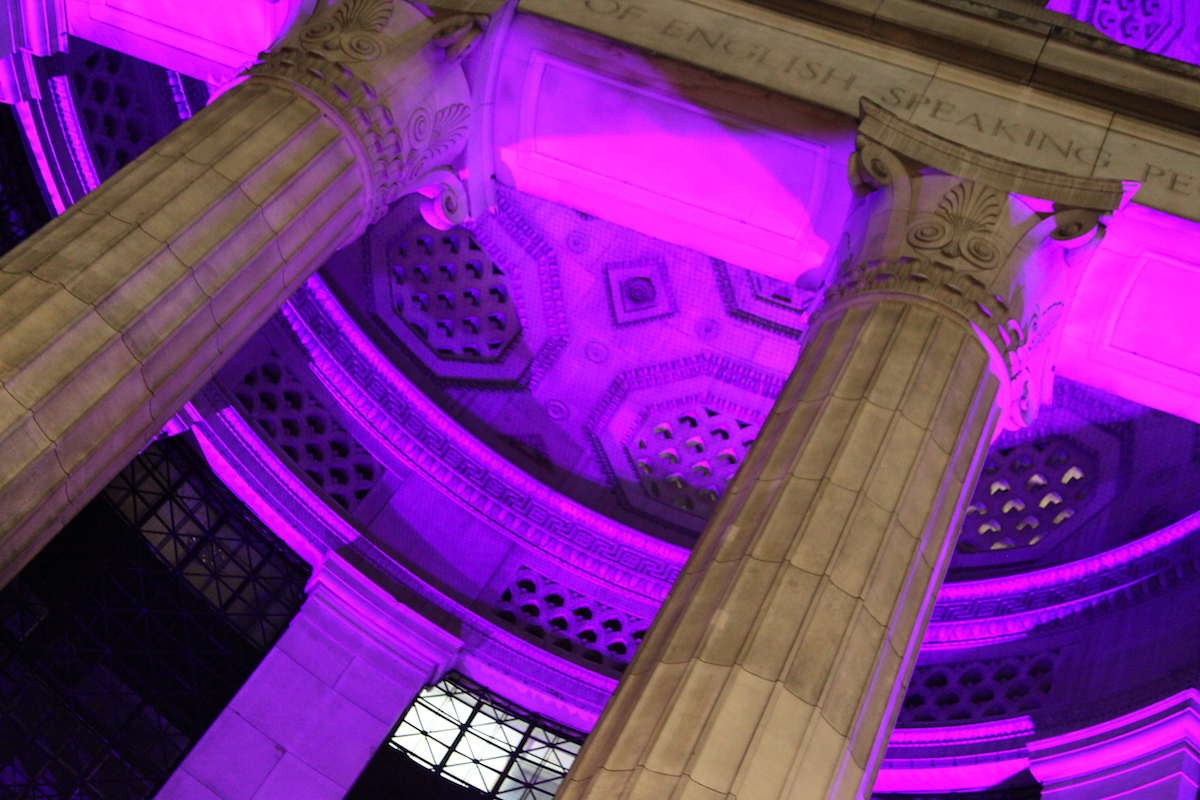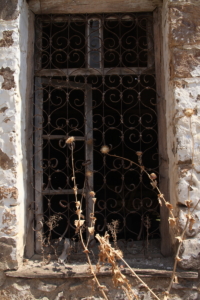My Karabakh - Part VII: conclusion - Baku vs. the BBC, epilogue
This is the seventh installment in a series of essays written exclusively for JAMnews by Armenian journalist and writer Mark Grigoryan.
The first six installments are below:
My Karabakh – Part I: Hadrut, a donkey, water and a brawl
My Karabakh – Part II: 1988 – The Karabakh protests begin
My Karabakh – Part III: Summer of 1988 – Yerevan demands that Karabakh be returned
My Karabakh – Part IV: The Sumgait Chronic
My Karabakh – Part VI: Baku and the hands of Heydar Aliyev
Aradio programme dedicated to the 10th anniversary of the truce in Karabakh came out on 12 May 2004. By that time, I had been working for the BBC for just a bit more than half a year.

It was quite a long programme, more than 16 minutes long. Its main point remains relevant until now: the leaders of Armenia and Azerbaijan must agree on peace, wanted by the citizens in both countries.
In this radio broadcast, the points of view on the conflict were presented by both Armenian and Azerbaijani politicians, analysts and ordinary people. Western specialists, in addition to those from Russia and Turkey, talked about different ways the conflict could be resolved.
The editors gave it the go ahead before it went on air. It was even translated into Azerbaijani. And this was not the only journalistic programme prepared by the BBC for the 10 year anniversary of the truce. My colleagues produced a number of other programmes, including feature reports sent from Stepanakert.
I was happy that the fruit of my labour had made it onto the air. But I couldn’t have known that this programme caused a real storm in the reigning circles of Azerbaijan. The next day, on 13 May, an article came out in the Azerbaijani newspaper Zerkalo, which cited TV and radio company ANS as saying that Mark Grigorian “preaches ‘Armenianism’, and unafraid of any method, is trying to prove that Nagorno-Karabakh is Armenian territory”.
Must I say there was nothing of the sort in this programme?
The next day, Zerkalo wrote about BBC journalist and analyst Steven Eke, who in those days was in Karabakh and covered the plight of the Karabakh residents: “Steven Eke, subtly appealing to public opinion, which who knows how and with what resources he has studied, is putting forward into the consciousness of the international public the thesis that Armenians of Nagorno-Karabakh have their own sort of worldview.”
In those days, the leadership of the ruling Yeni Azerbaycan [New Azerbaijan] party and the parliament of the country expressed their dissatisfaction to the BBC. Things were serious: the political elite of the state was unhappy with Steven Eke’s reports from Karabakh, my programme and also the ‘Karabakh page’ that we had opened together with my Azerbaijani colleague on the BBC’s Russian Service Website.
The editor summoned me and asked me to stop presenting our early morning program for ‘some time’. BBC wrote a letter in response to the protests of the Azerbaijani leadership. But this, as it turned out, wasn’t enough. The conflict continued to snowball.
TV and radio company ANS, which was rebroadcasting several BBC programmes, threatened to quit transmission if I wasn’t fired by 31 May. Around the same time, I found out that the Azerbaijani ambassador had met with the BBC administration and demanded that I be fired.
I was also told that in Azerbaijan’s parliament, special hearings were held over the BBC affair and about how Steven Eke and myself were working there. Our photos were projected onto a large screen for all to see.
Every day when I came to work, I would open up the summaries prepared by the BBC Monitoring service and every day I would see my name in the Azerbaijani media.
On 24 May, the anchor of ANS announced that Mark Grigorian had only seven days left working in the BBC.
A day later, the head of the group of ANS companies, Vahid Mutsafayev, said that Grigorian is responsible for the anti-Azerbaijani propaganda of the BBC.
On 27 May, the media reported on the speech of MP Mubariz Qurbanli: “The Russian service of the BBC is purposefully broadcasting programmes against the statehood, history and national culture of Azerbaijan.”
Qurbanli also stated that I had used the music of Fikret Amirov in our programming, and presented it as a piece composed by Aram Khachaturian. I was again summoned to the editor’s office, where I was asked to give a written explanation: had I really played the piece called ‘Shur’ or the ‘Azerbaijani capriccio’ instead of ‘Sword dance’, or a waltz from ‘Masquerade’?
These were probably the most difficult days of my life. I was truly afraid that the BBC would not withstand the pressure it faced from the Azerbaijani authorities and that I would be fired.
I was tense, on edge, and I felt that I had been driven into a corner. Moreover, even though the Azerbaijani media wrote about me almost everyday, the Armenian media stayed silent. I had nobody to talk to about my problems at work. My friends that had lived with me for the duration of my life in the west did not understand the situation I was in.
Finally, 1 June came around. I was not fired, and ANS cut off transmission. But the BBC was still broadcasting on the territory of Azerbaijan because the corporation had a separate license on FM, which was revoked only an the end of 2008 when the authorities also shut down Radio Free Europe/Radio Liberty and Voice of America in addition to the Russian ‘Evropa-plus’.
Talking about these events, I must note and underline that all this time, throughout my life and work in London, I had completely normal relations with my Azerbaijani colleagues at the BBC. I made friends with some of them, and continue to do so.
My colleague Famil Ismailov and I created the BBC’s ‘Karabakh page’ which won the BBC’s 2005 award for Original Online Journalism.
Epilogue
I came back to Hadrut in the summer of 2015 – more than 50 years after I had been there as a child.

I saw my small provincial town, recognised the small square on which my neighbour’s donkey had taken me about.
But the house in which we lived in 1964 had fallen apart. More precisely – the second story had collapsed, and the first floor where we had lived that summer had been turned into a pigsty by the neighbours.
But in the garden, there was the same old mulberry tree, and the path to the spring was still there.
Surprisingly, I remembered every step and turn.
I returned to the Hadrut of my childhood, but there was no longer an Aunt Dyshkho, nor the boys with whom I used to play. And there were no Azerbaijanis that had lived there before the war.
And there, in Hadrut, I understood that I had been returning to Karabakh all my life. Not coming – returning. In the first few weeks after the war I returned to be baptized in the Green Church of Shushi, and then I came for business or for summer vacations, or just to meet my friends and colleagues.
And I want Karabakh to become a place that unites two nations – not one that divides them. But as things are currently going, it would seem I won’t see that in my lifetime.
But maybe my children, or grandchildren will?


















